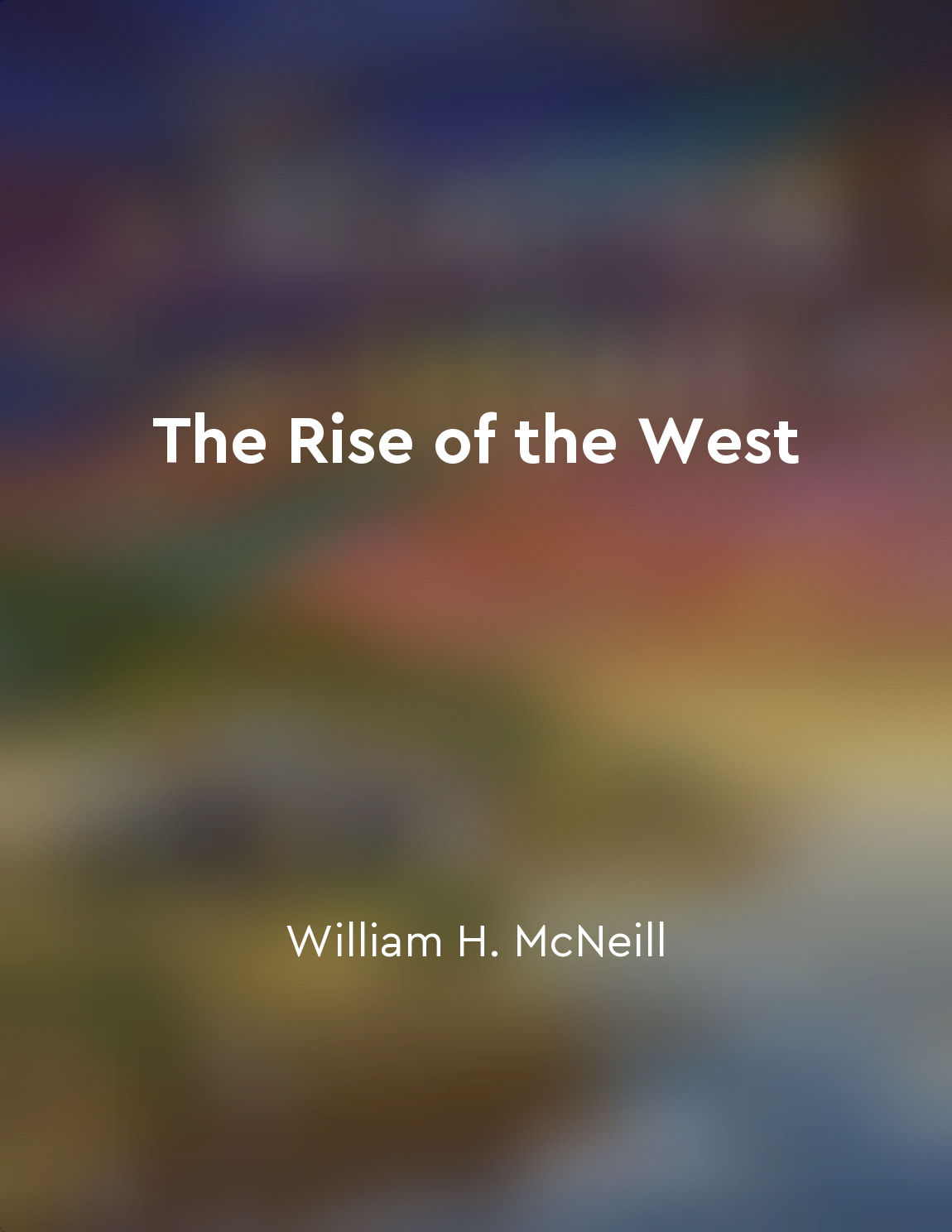Norms from "summary" of International Relations: The Key Concepts by Martin Griffiths,Terry O'Callaghan
Norms are standards of behavior that govern the actions of individuals and groups within a society. In the context of international relations, norms play a crucial role in shaping state behavior and interactions between states. These norms can be formal or informal, explicit or implicit, and can vary widely across different societies and cultures. Norms are often seen as a form of social control, influencing the behavior of individuals and groups by setting expectations for what is considered acceptable or unacceptable. In international relations, norms serve a similar function, shaping the behavior of states and providing a framework for understanding and interpreting the actions of other actors on the global stage. One of the key functions of norms in international relations is to provide a shared und...Similar Posts
Selfserving bias can affect how individuals perceive their own abilities
Self-serving bias refers to the tendency for individuals to attribute their successes to internal factors (such as their own ab...

Laws shape societal structures
The relationship between laws and societal structures is deeply intertwined and complex. Laws are not merely rules to be follow...
Rational decisionmaking requires systematic analysis
Systematic analysis is essential for making rational decisions. This means breaking down a problem into smaller components and ...
Social comparisons can impact selfesteem
Social comparisons play a significant role in shaping our self-esteem. When we compare ourselves to others, we tend to evaluate...
Public opinion is influenced by cultural values
The formation of public opinion is a complex process that is deeply intertwined with cultural values. These values serve as a l...

The West's rise is not inevitable or linear
The idea that the West's rise is not inevitable or linear is a central concept in William H. McNeill's "The Rise of the West." ...
Statebuilding process in England and France
The statebuilding process in England and France during the early modern period was a crucial development that laid the foundati...
Transnational advocacy networks
Transnational advocacy networks refer to the increasing cooperation and coordination among non-governmental organizations, acti...
US destabilizes Eastern Europe
The United States has a long history of involvement in Eastern Europe, with the primary aim of furthering its own interests at ...
Ideological movements can lead to unrest
Ideological movements possess a remarkable capacity to disrupt the social order. This disruption stems from the movements' tend...
